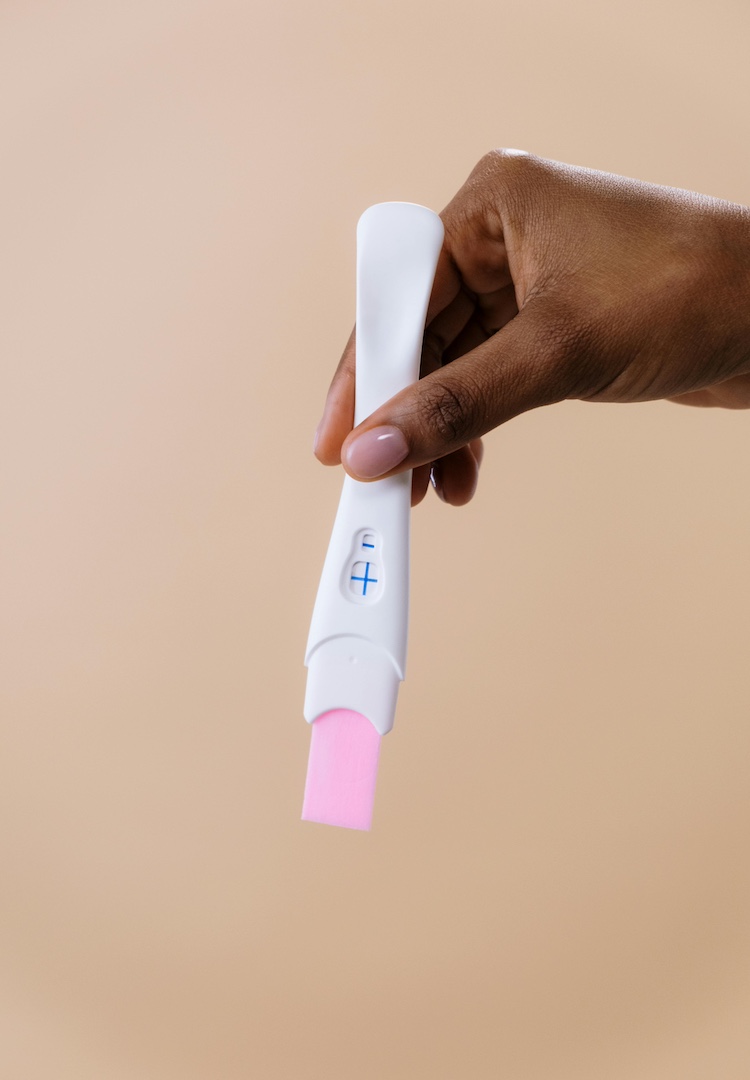Fun ways to revive your sex life after the honeymoon period
WORDS BY HANNAH COLE
“Sex changes, your relationship changes – it has to.”
Ahhhh, the honeymoon period. What a blessed time of naivety, laughter, milk and honey. There’s great sex, thoughtful gestures and a deep longing to spend every waking moment together. But seemingly overnight, it all comes to a halt. The rose-tinted glasses shatter, and niggling things start to get under your skin: a snarky comment, a particular habit, a certain eccentricity.
For more sex and relationship advice, head on over to our Life section.
Reality sinks in – managing work, money, a healthy social life and hobbies – and it’s just not as good. Sex becomes less frequent, and less fun. But does it have to be like this? Is there a world where sex remains exciting and fun even in the deepest throes of life? Can we bottle up this magic feeling forever? I asked certified sex coach Georgia Grace for her hot tips.
Defining the honeymoon period
The honeymoon period may last anywhere between a few months to 18 months, Georgia tells me. Otherwise known as limerence, “you basically just love the shit out of the person you’re dating”. It’s a state of infatuation and obsession, consuming and intrusive, occupying your thoughts at all hours of the day and night. This occurs to the point where the person you’re dating can essentially do no wrong.
“The things that may annoy you in the future you find endearing or sweet or a point of difference and really lovable about them,” Georgia tells me. But fast forward a few months and reality hits as you address life changes – moving in together or navigating new schedules. It’s natural, Georgia notes, that the relationship changes.
Our bodies no longer surge with the initial feel-good chemicals like oxytocin, serotonin and dopamine, and “the reality is that you are in a relationship with a human being who is inherently as flawed as you [are]”. In terms of signs that the honeymoon period is over, usually, their habits become annoying and your concentration levels may change.
During the initial state of attraction, it’s hard to focus and get work done. One advantage of the honeymoon stage ending? A much-needed productivity boost. Of course, for most couples, there’s also a weakened desire for sex, something Georgia has identified in talking with her clients.
Bye honeymoon period, bye sex?
Does it have to be like this? According to Georgia, the most important thing is to normalise that the buzz will die down. “Your relationship has to change, and the dynamic will change. You can’t go through your whole life in limerence.” (Although, wouldn’t that be wonderful?)
Instead of ruing the day your eyes opened to the reality of your situation, consider what might be getting in the way of your desire. Because desire, honey, is all about “context and people”. Has something changed? Is there additional stress?
For many of us, Georgia notes that newness and novelty are the drivers of our desire. So, ask yourself what you can add that is fresh, different, and beyond the mundane. “At the start of a relationship, everything’s new, everything’s exciting, and you’re experiencing all of this together for the first time. So how can you turn that into novelty?”
It’s important to take the time, individually, to consider your curiosities and things you might want to explore with your partner. Then come together and share. A game she has developed, Speed Relating, essentially ping-pongs between sex-related questions, opening the lines of communication and allowing an easy way to discuss these innermost desires. (You can find lots of great checklists online to help kickstart this).
Sex toy brand Normal’s ‘The Modern Guide to Sex’ course, developed with Georgia, is another easy, free way to interrogate these things, whether you do that alone or with a partner. Find ideas, chat about them, and take part in the suggested activities and practices.
Georgia also recommends distance as a way to ignite that little fire again. “There’s a great analogy that’s used often in the world of sex that if you had chocolate cake in your mouth, every day, all day, you wouldn’t want chocolate cake. So the same goes for if you’re around your partner all day, every day.” Create an element of distance or separation to drive that desire and longing.
Maybe it’s working in separate rooms during the day if you’re both at home or hanging out with different people. Maybe you commit to not touching each other for the whole day and start to be more sensual when you see each other that night instead of reverting to an intimate and cuddly state. “Lots of my clients identify that when they have a lot of [intimacy and cuddling] from their partner, they don’t necessarily want to rip their clothes off,” Georgia explains.
It’s great to laugh and be casual, but it’s even better when you can revert to a conscious context of sensuality and sexuality. Finally, take the time to get yourself into the zone. You might need to prepare and get into a certain headspace, whether that’s fantasising and envisioning the things you will do with your partner, having a shower, deep breathing or connecting with your partner in another way.
Unfortunately, there’s no way to pick up the rose-tinted glasses and unsee reality. But it doesn’t mean the end; it’s a different kind of new. As Georgia reminds me, “the important thing is that sex changes, your relationship changes – it has to”.
Instead of getting hung up on the differences, find inspiration where you can and remember what attracted you to your partner in the first place. “The beauty of a long-term relationship is that you can know each other so intimately, it can intensify the relationship so much,” Georgia says. And you can always teach an old dog new tricks.
This article was originally published on February 23, 2022.
For more advice on keeping your sex life interesting, try this.













